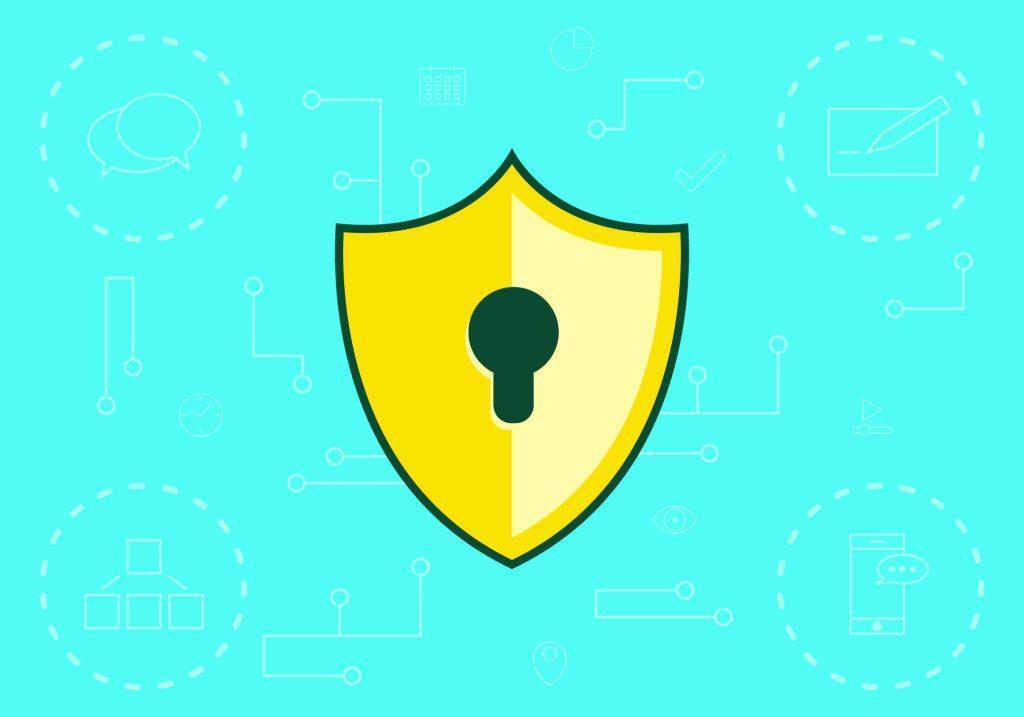5 Simple Tips to Help You Keep Your Personal Data Safe and Secure!
1. Don’t Give Out Your Information
This may seem like common sense, but this applies to both the offline and the online world. With the various websites, accounts, and people you come in contact with every day, be aware of who you’re giving out your financial or personal information to, and don’t believe everything you read. As a rule of thumb, if it sounds too good to be true – it probably is.
“Over time these scams have evolved from fake prizes/free money (free vacation, gift cards, Nigerian prince) to phony threats (debt collection, IRS lawsuits, FBI warrants). The methods to acquire your information have evolved from door-to-door salesmen to phone calls, emails, website links, and text messages. At the end of the day though, it’s all still the same. Someone you don’t know is trying to get something from you that they shouldn’t have,” says our HFS IT Department.
2. Become a Password Pro
It’s difficult to create a unique password for all of your accounts, but using the same passwords for every account leaves them highly vulnerable to hackers. Try utilizing a “passphrase” rather than your typical password. This could be something such as a favorite song lyrics or a short quote that is easy for you to remember – use the first letter of each word in the phrase, in combination with numbers and special characters. Passwords are best when more than eight characters in length and that can’t be found in a dictionary. In general, you should avoid using information that can’t be easily guessed or found by someone, such as your children’s or pet’s names, and birthdays. Most importantly, avoid storing your passwords on your laptop or mobile device notes and saving passwords in your browser.
3. Use Social Media Wisely
With social media a routine part of the lives of many individuals, it is easy to get carried away with how much information you’re actually sharing online. Content you post will be around for a long time, so while it’s fun to share things with everyone, keep your personal data and privacy in mind. If you’re the type of person to use birthdates and your child’s or pet’s name in your passwords, this information is often times easily found on your social media profiles. Customize your social media account’s privacy settings to ensure only people you know are able to see the content you share, and be sure to check the privacy settings on social media platforms regularly and make adjustments when needed as they are always changing and being updated.
4. Be Mindful of Your Digital Footprint
Many websites require you to create an account to use their services, but how many accounts have you actually gone back and used more than once or twice? The New Year is a great time to go through the various sites you’ve signed up with, and consider which ones can be cancelled or deleted.
“Sometimes people forget about how many accounts they have with different online services, leading to information being left on sites that aren’t used anymore (for example, credit card info saved on an online store used only once). Personally, I like to keep track of the sites I have accounts with and remove accounts that I haven’t used for a while. Less places with my info = less places that could lose it,” advises our HFS IT Department.
5. Install System and Software Updates
Operating system and software updates are always annoying to deal with, but they are a necessary part in providing critical security patches that will protect your devices and data from any threat. Failing to install these updates will ultimately put your device at a greater risk. I’m guilty of getting those update notifications while using my device, only to press the “remind me later” button, in a never ending cycle. To ensure you have the latest security, I recommend enabling automatic updates. As an added reminder, don’t forget to continue your subscription to your anti-malware protection program if it’s coming to an end!

